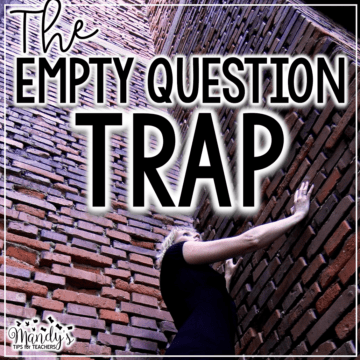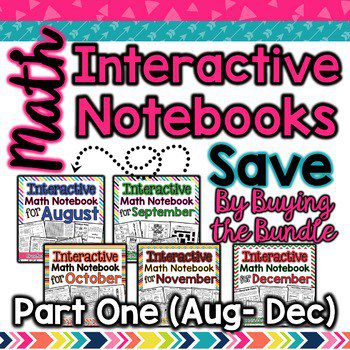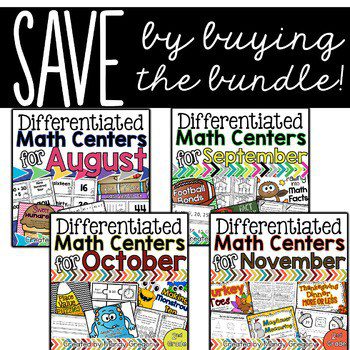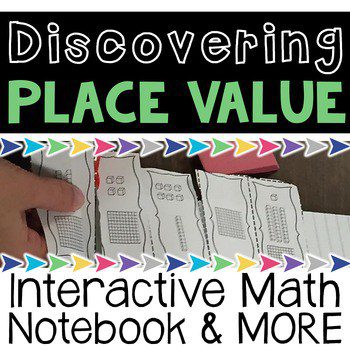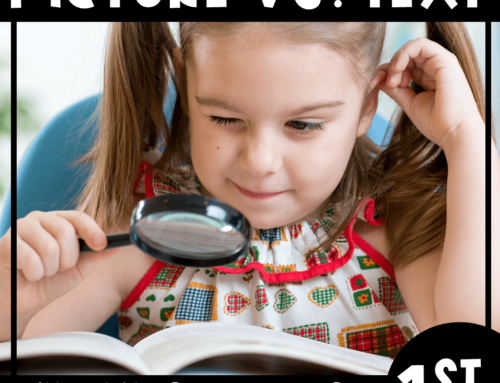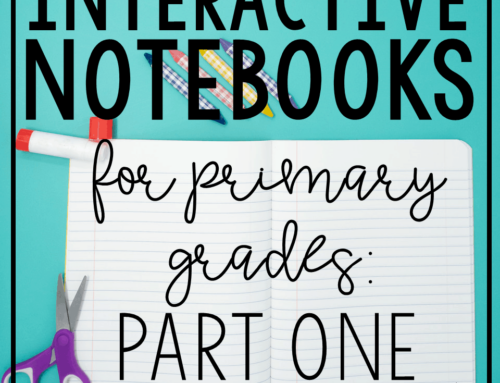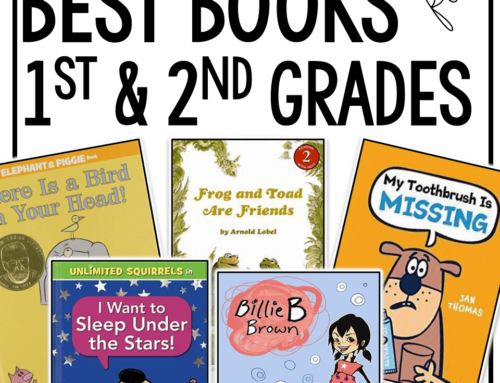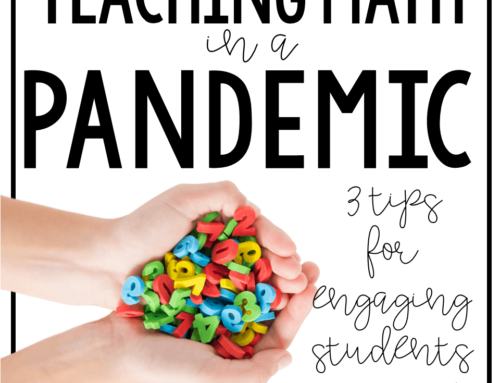I was talking to a teaching friend of mine. She was so frustrated with lesson planning and getting it all “in” with the short amount of time she has with students.
I thought it was something we could all relate to, amiright??
We started discussing planning and how to make it compact and meaningful for students. So I mentioned when to use direct instruction and when to use guided practice and using both purposefully. I explained that this was the beginning of the lesson where the teacher models the skill of strategy for the students.
She was like, “Wut?”
Then I realized, she was making a common teaching mistake: asking empty questions. Are you guilty of falling into this trap? It is the easy one to get stuck in.
What are “Empty Questions?”
Empty questions are just that- they don’t have a strong purpose toward meeting the objective. For example, I explained when teaching about rhyming words, you don’t read the poem and then ask students, “Does anyone see any rhyming words?”
I swear I could hear her head thunk her desktop. She couldn’t believe that she had been making this easy mistake. She was trying to engage the kids, keep their attention, and get them involved.
But the bottom line is, kids SHOULD’T be able to identify rhyming words in the poem at the beginning of the lesson without instruction. If they can, then why are you teaching it, anyway?? They don’t need that lesson!
What Should I Do Instead?
Instead, this is where the whole gradual release model comes in. This is gradually releasing the learning to the students. A presenter I saw once called it the Do-Do model and I loved that because it is so memorable. Basically the model looks like this: I Do, We Do, You Do.
So how would this look in the example I used above with rhyming words? Easy!

So No Empty Questions, EVER?
I will say, there is one time when an “empty question” COULD be appropriate in this lesson scenario. For example, if you asked students if anyone recognized rhyming words to gage students BACKGROUND knowledge, then it could be purposeful. However, I strongly suggest that this teacher information is collected in more efficient ways such as small group, pretests, observation, etc. The mini lesson is compact and quick- make the most of it!
Get My Best Sellers!
Join the Fun!
Math Centers
Sign up here for Three FREE Differentiated Math Centers to Practice Place Value within 100 or 1,000.
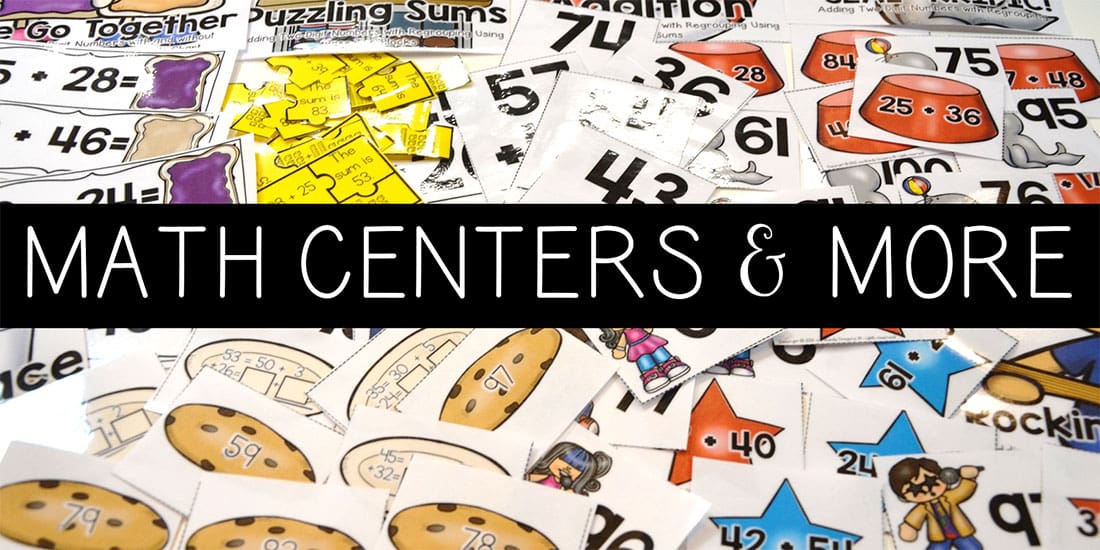
Mandy Gregory is a 2007 and 2012 Teacher of the Year. She has taught Kindergarten- 4th grades in both the general education and inclusion settings. She is currently a 1st grade Special Education teacher. She is the owner and creator of Mandy’s Tips for Teachers website (www.mandystipsforteachers.com) and has over 13 years of teaching experience. She is married with two beautiful children.

